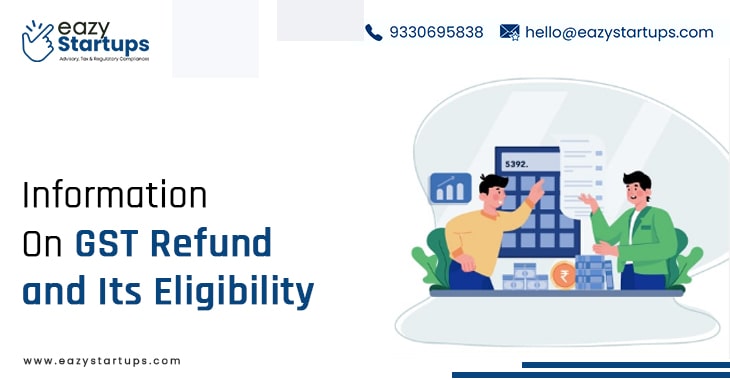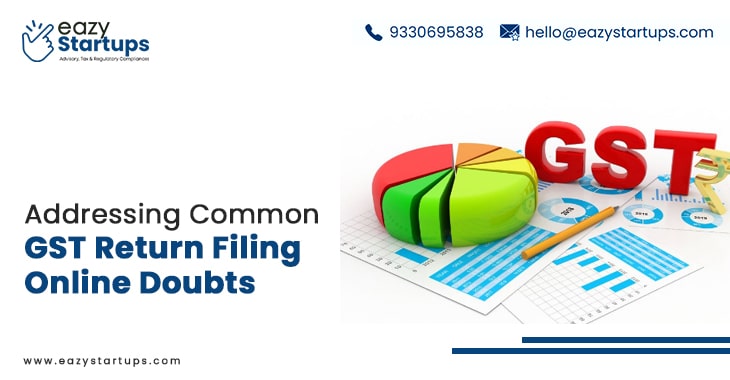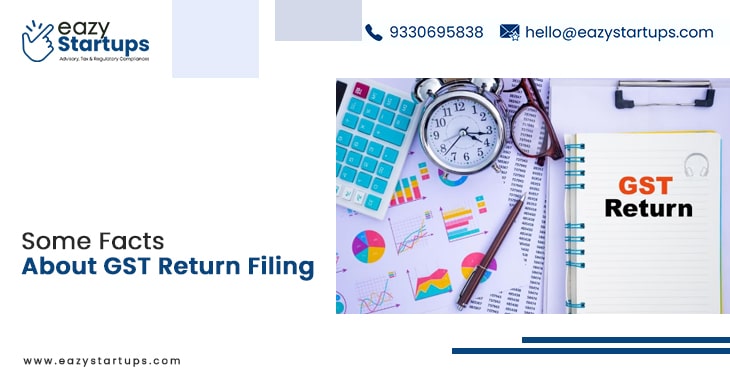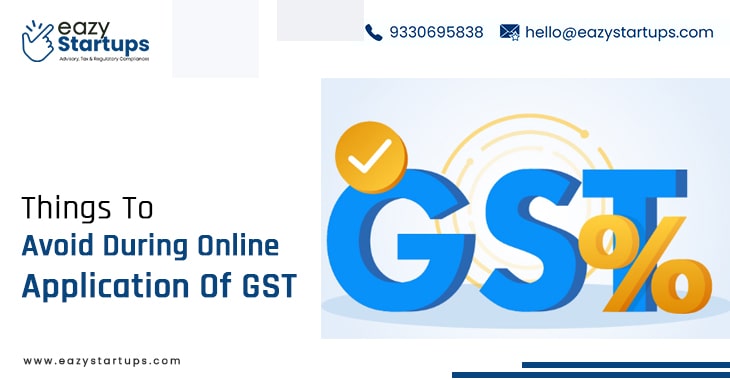In the labyrinth of business regulations, Goods and Services Tax (GST) stands as a central pillar, impacting businesses of all sizes across various industries. If you’re a business owner pondering whether to apply for GST, you’re not alone. At Eazy Startups, a trusted ally for entrepreneurs navigating the complexities of business compliance, we understand the importance of informed decision-making. This blog explores the question: Should every business owner apply for GST? Join us as we unravel the nuances of GST and shed light on how Eazy Startups can simplify the process of GST Apply Online and GST Return Filing Online.
- What is GST?
- Benefits of GST Registration
- Eazy Startups: Your Trusted Partner in GST Compliance
What is GST?
GST is a comprehensive tax levied on the supply of goods and services, encompassing multiple indirect taxes under one umbrella. It aims to streamline the taxation system, eliminate cascading effects, and create a unified market nationwide. GST applies to businesses engaged in manufacturing, trading, and providing services, with few exceptions.
Benefits of GST Registration:
While GST registration is not mandatory for all businesses, there are compelling reasons why business owners should consider applying for GST:
1. Legitimacy and Credibility:
GST registration lends credibility to your business and enhances its legitimacy in the eyes of customers, suppliers, and financial institutions. It signifies compliance with tax laws and reflects a commitment to transparency and accountability.
2. Seamless Input Tax Credit:
Registered businesses can claim Input Tax Credit (ITC) for the GST paid on inputs and input services used in the course of business. This reduces the tax burden and promotes cost efficiency, benefiting consumers through lower prices.
3. Compliance with Legal Requirements:
GST registration ensures compliance with legal requirements prescribed under the GST regime. Non-compliance may lead to penalties, fines, and legal consequences, potentially tarnishing the business’s reputation.
4. Expansion Opportunities:
GST registration facilitates interstate trade and export activities, opening doors to broader markets and expansion opportunities. It enables businesses to participate in government tenders, attract international clients, and explore new avenues for growth.
5. Mandatory Threshold Limit:
Businesses with an aggregate turnover exceeding the prescribed threshold limit must register for GST. For goods suppliers, the threshold limit is ₹40 lakhs (₹20 lakhs for special category states), while for service providers, it is ₹20 lakhs.
Eazy Startups: Your Trusted Partner in GST Compliance
At Eazy Startups, we specialize in simplifying the process of GST Apply Online and Eazy Startups: Your Trusted Partner in GST Compliance, ensuring seamless compliance with GST regulations.
Here’s why entrepreneurs choose Eazy Startups for their GST needs:-
1. Expert Guidance:
Our team of seasoned professionals navigate the complexities of GST laws, ensuring accurate and timely compliance.
2. Hassle-Free Process:
With Eazy Startups, applying for GST and filing GST returns is a hassle-free experience. Our user-friendly online platform streamlines the entire process, allowing business owners to complete formalities quickly and efficiently.
3. Timely Reminders and Updates:
We understand the importance of staying updated with regulatory changes and compliance deadlines. Eazy Startups sends timely reminders and updates to clients, ensuring they never miss a crucial deadline or requirement.
Final Words
In conclusion, while GST registration may not be mandatory for all businesses, its benefits make it a prudent choice for most. Business owners can unlock many advantages by applying for GST through Eazy Startups, including legitimacy, input tax credit, compliance, and growth opportunities. With our GST Apply Online and GST Return Filing Online expertise, we empower entrepreneurs to navigate the GST landscape confidently and easily. Contact Eazy Startups today, and let’s embark on a journey of seamless GST compliance together!










Recent Comments